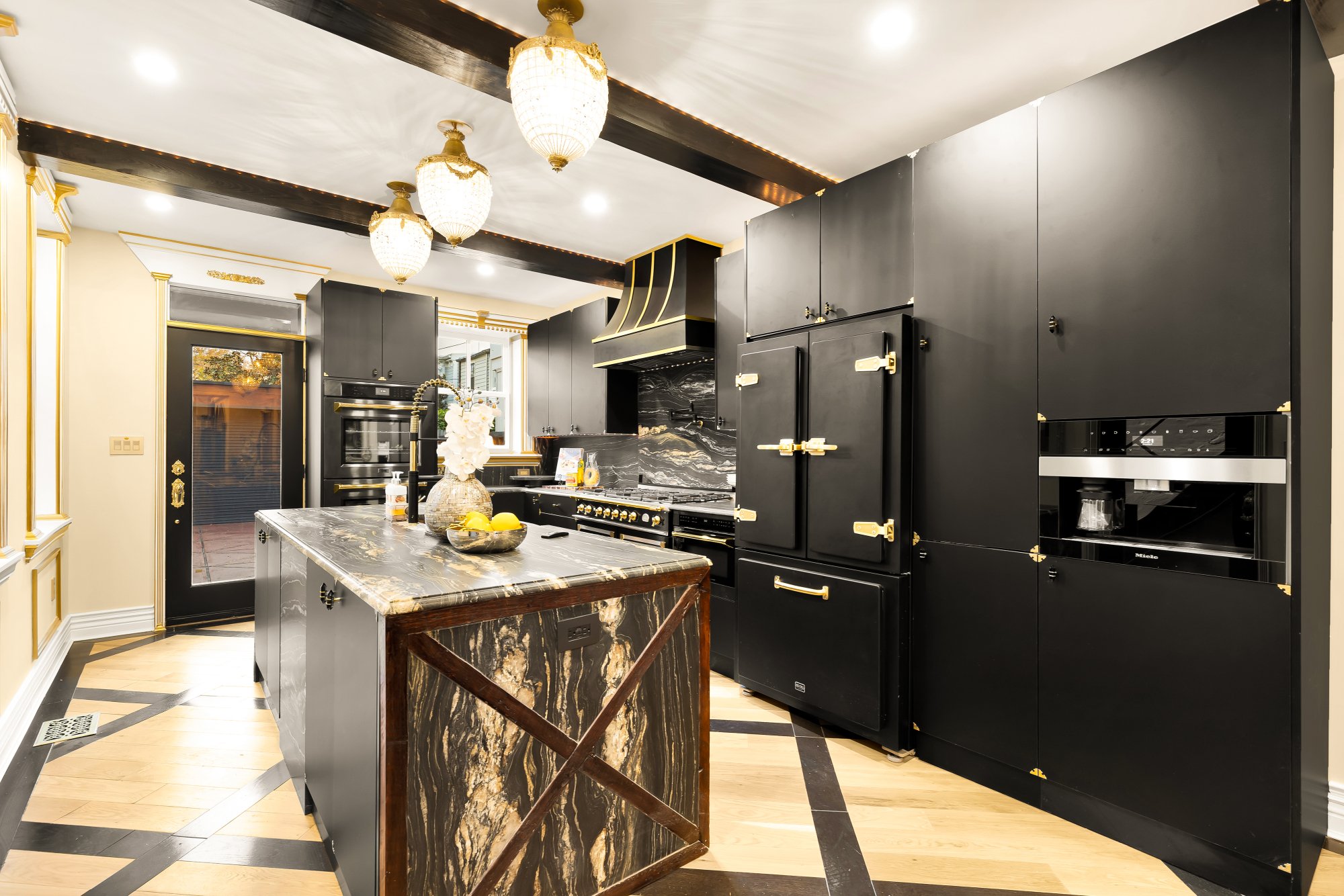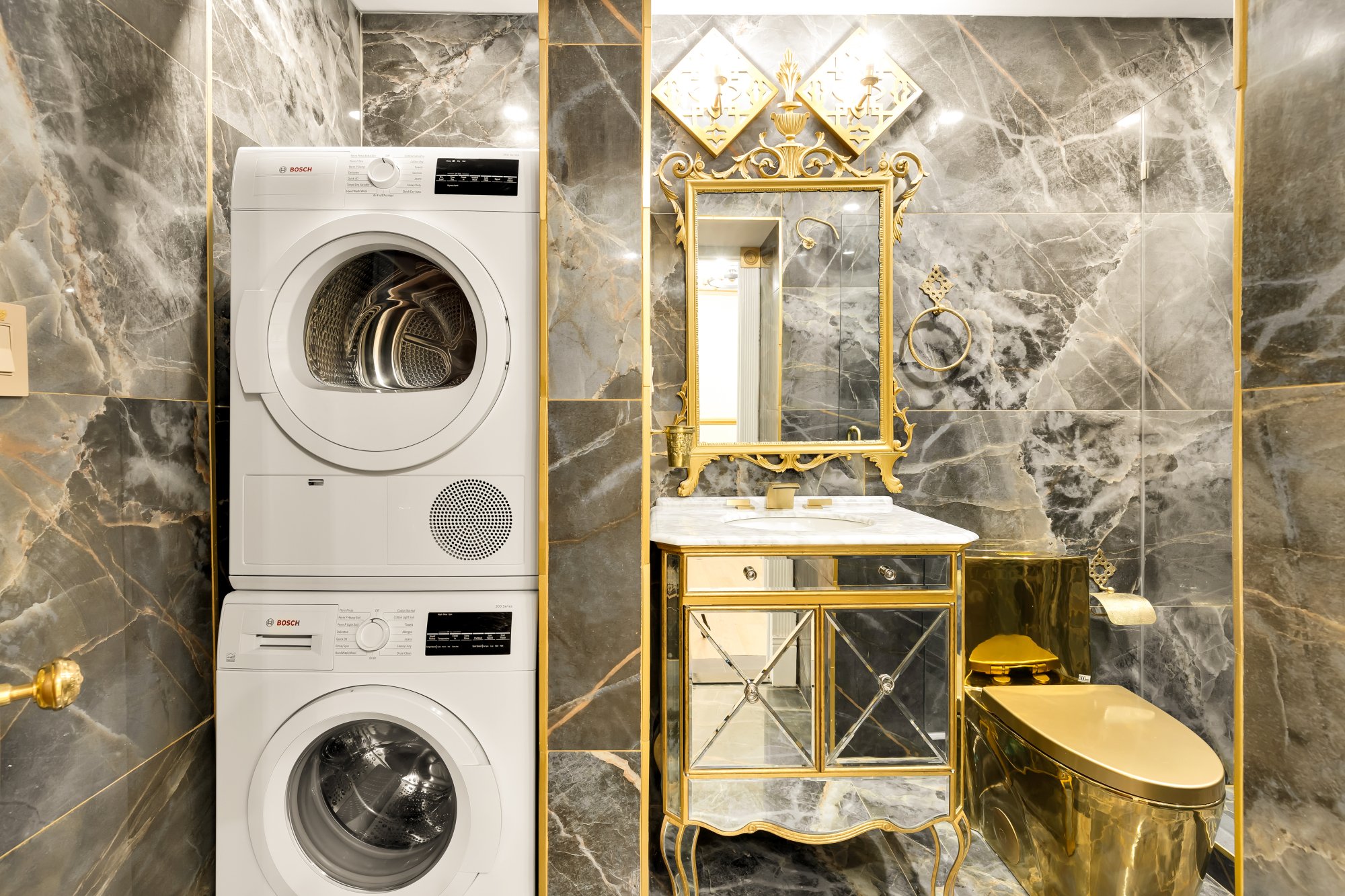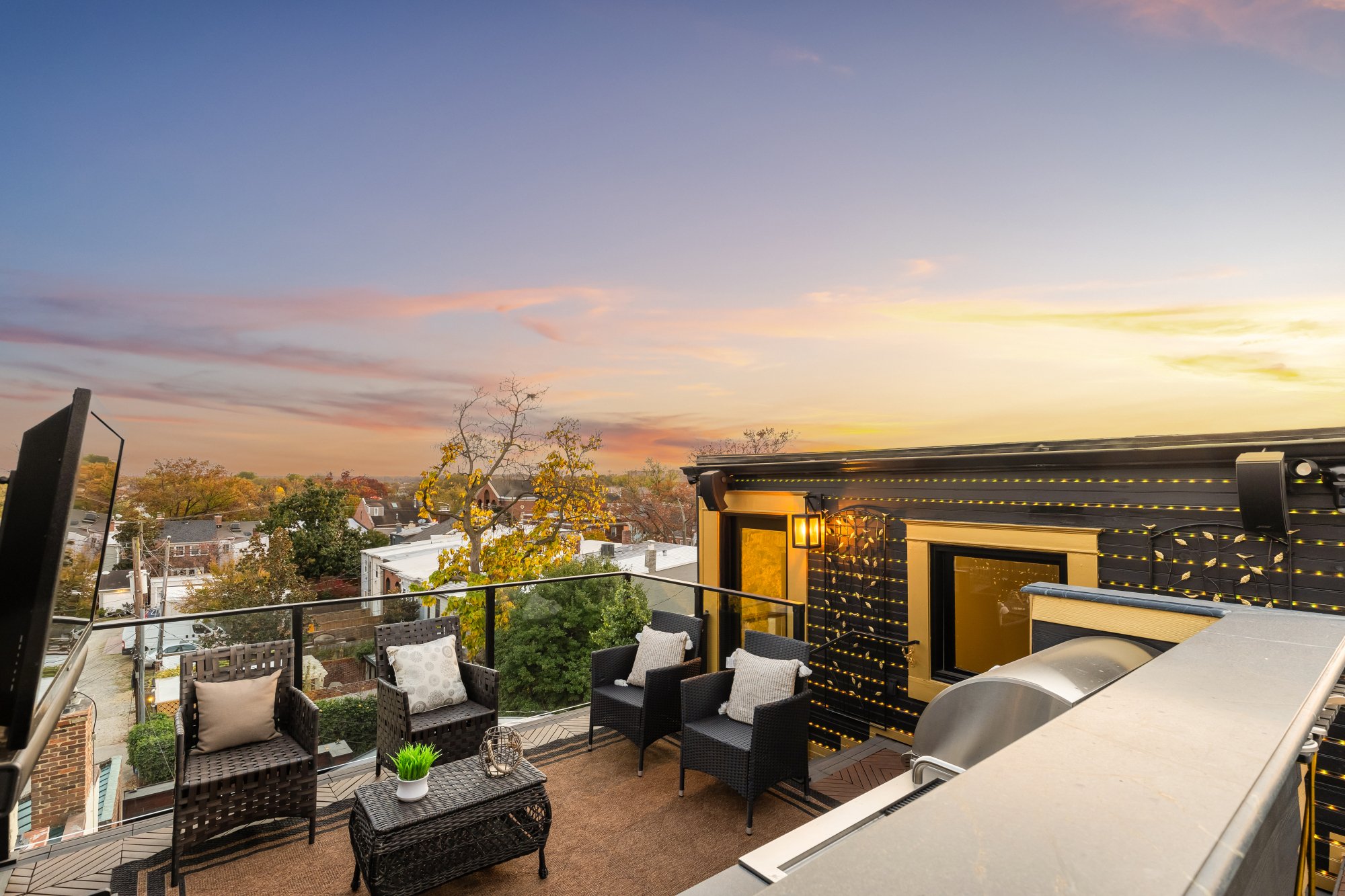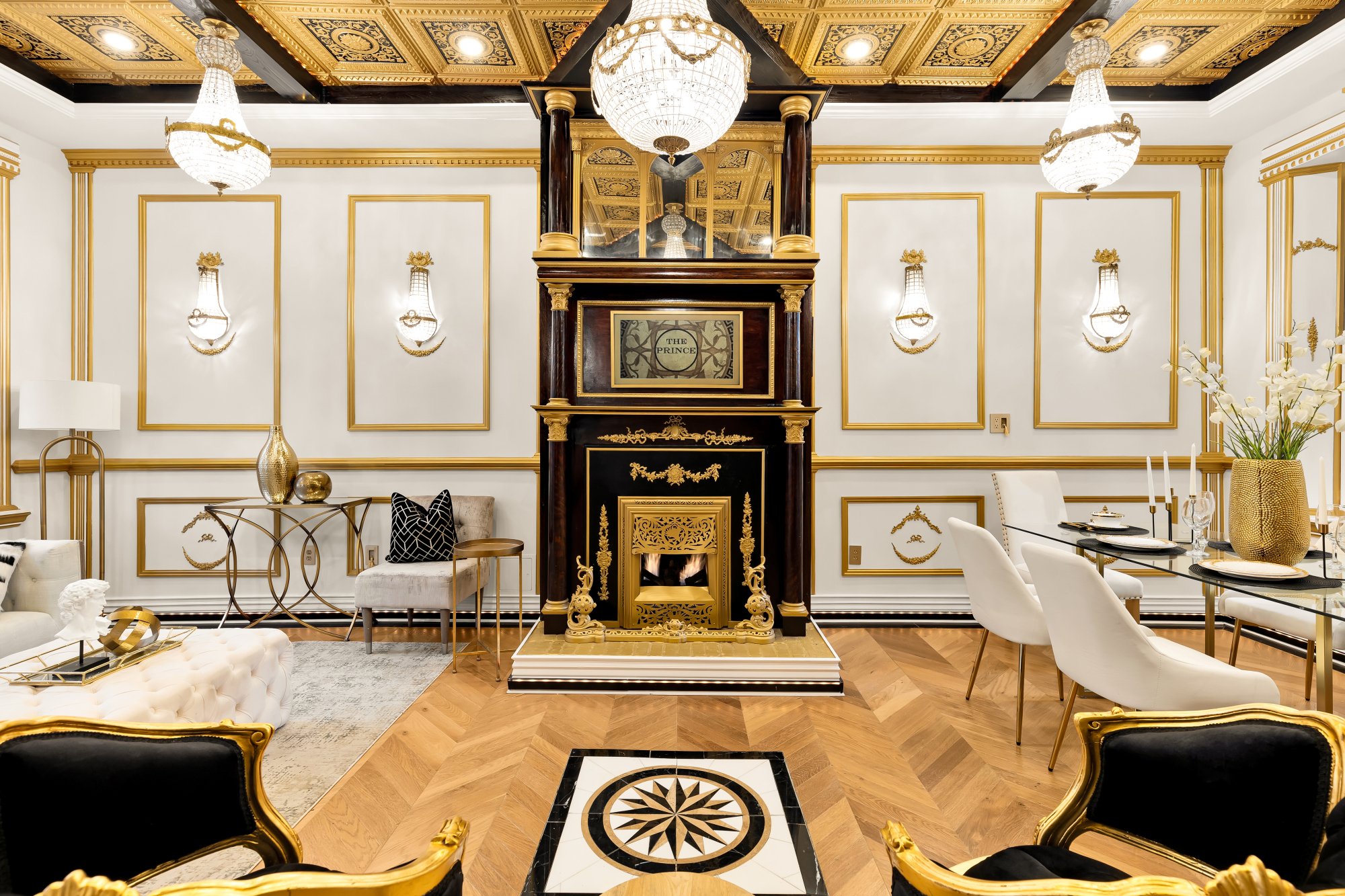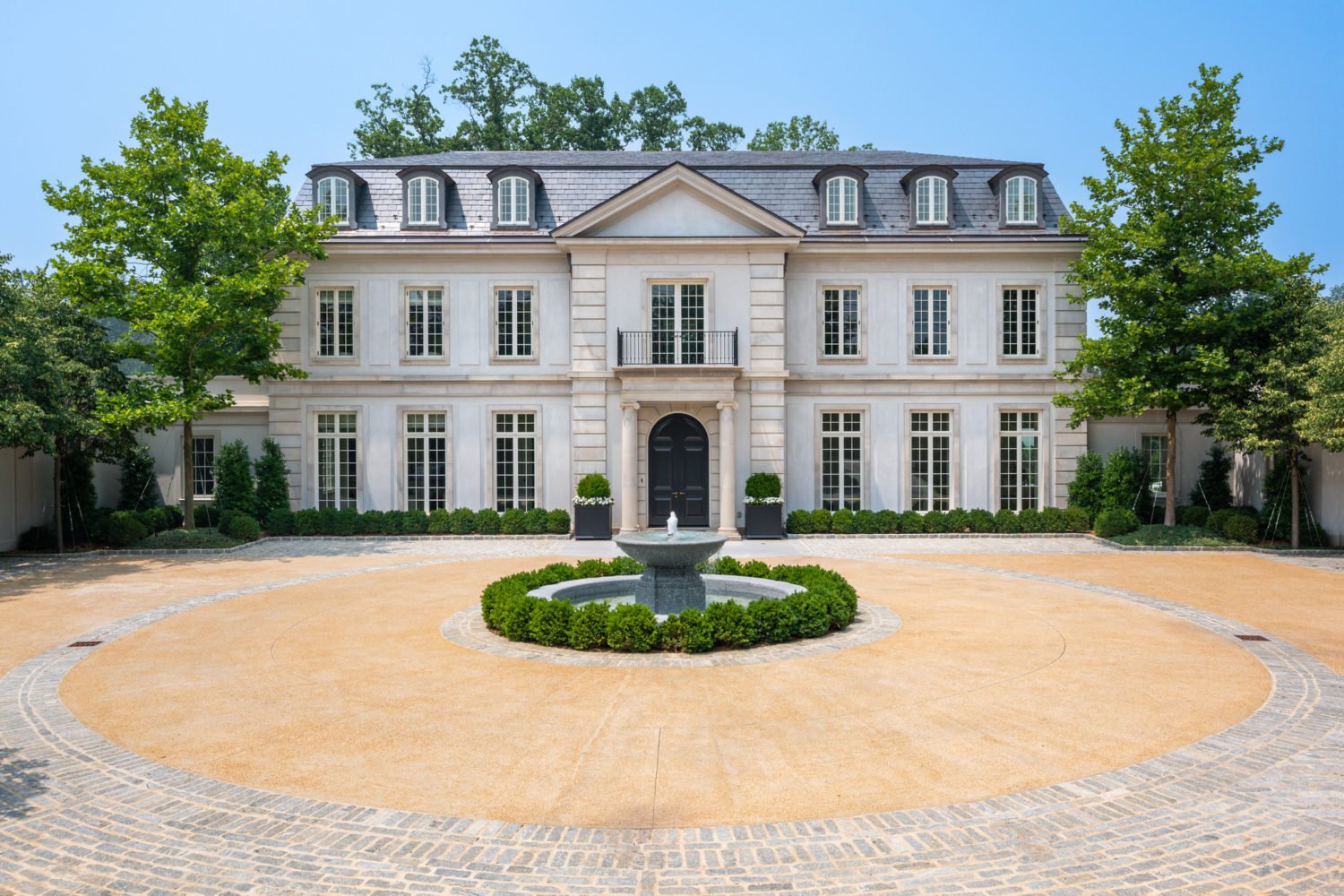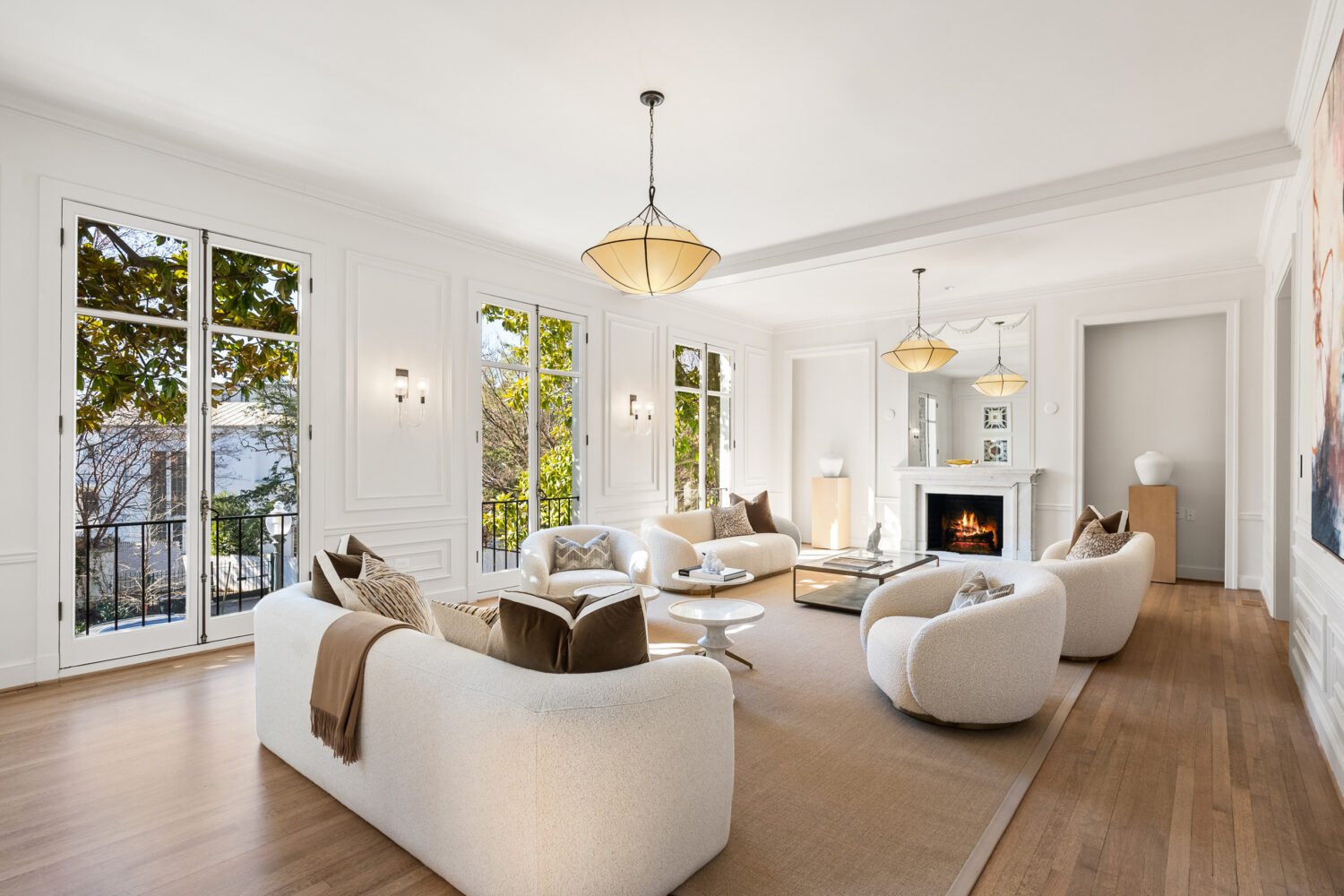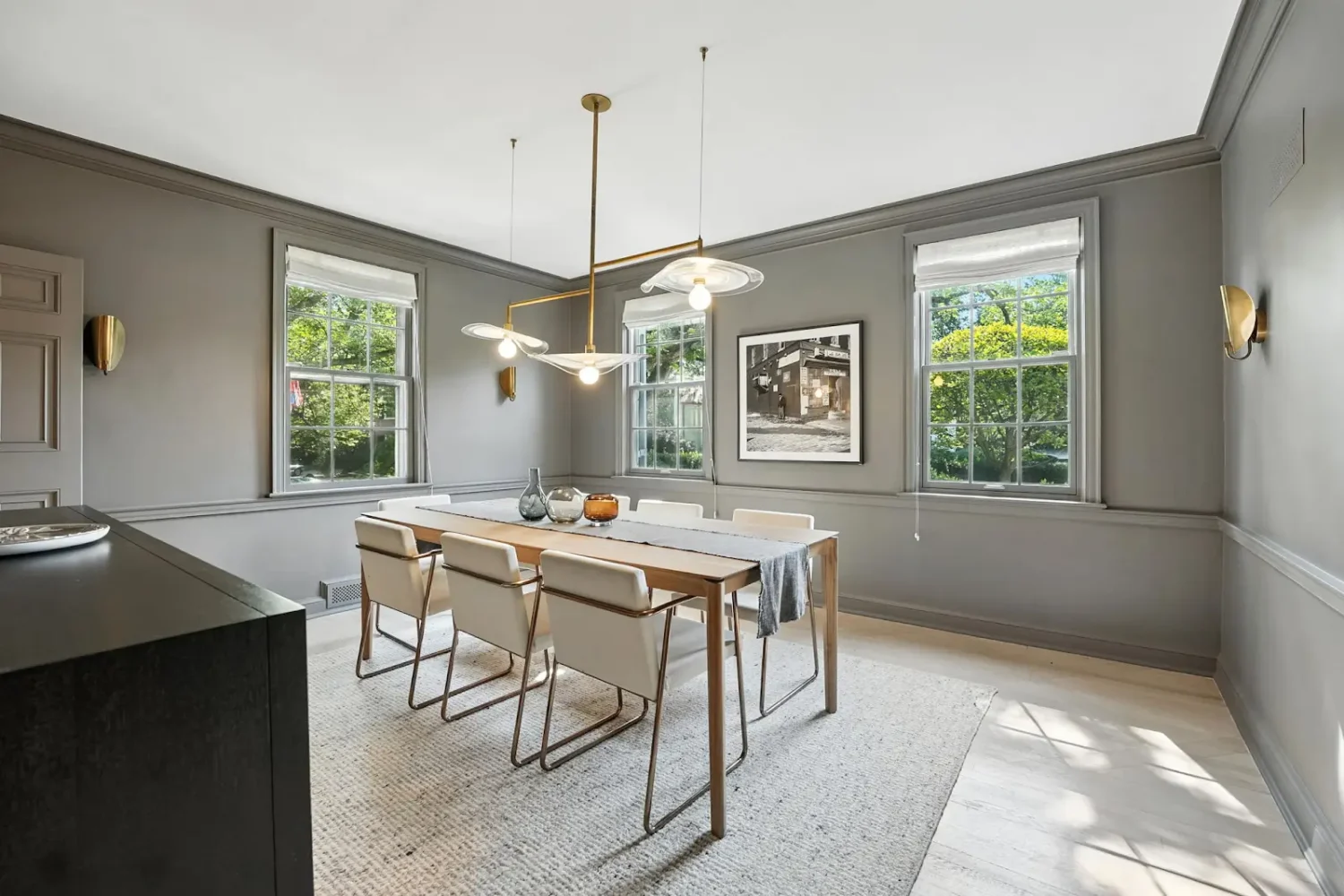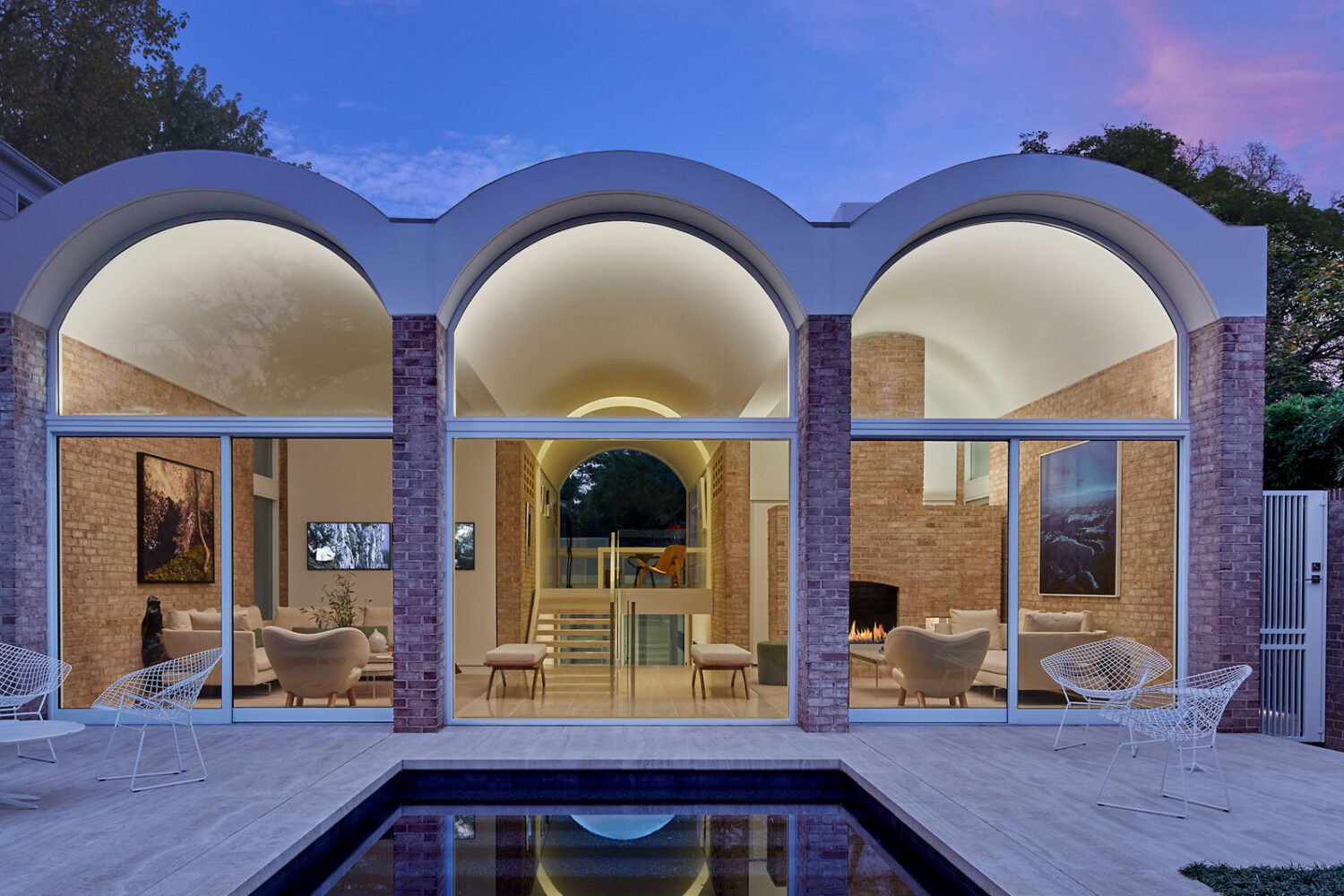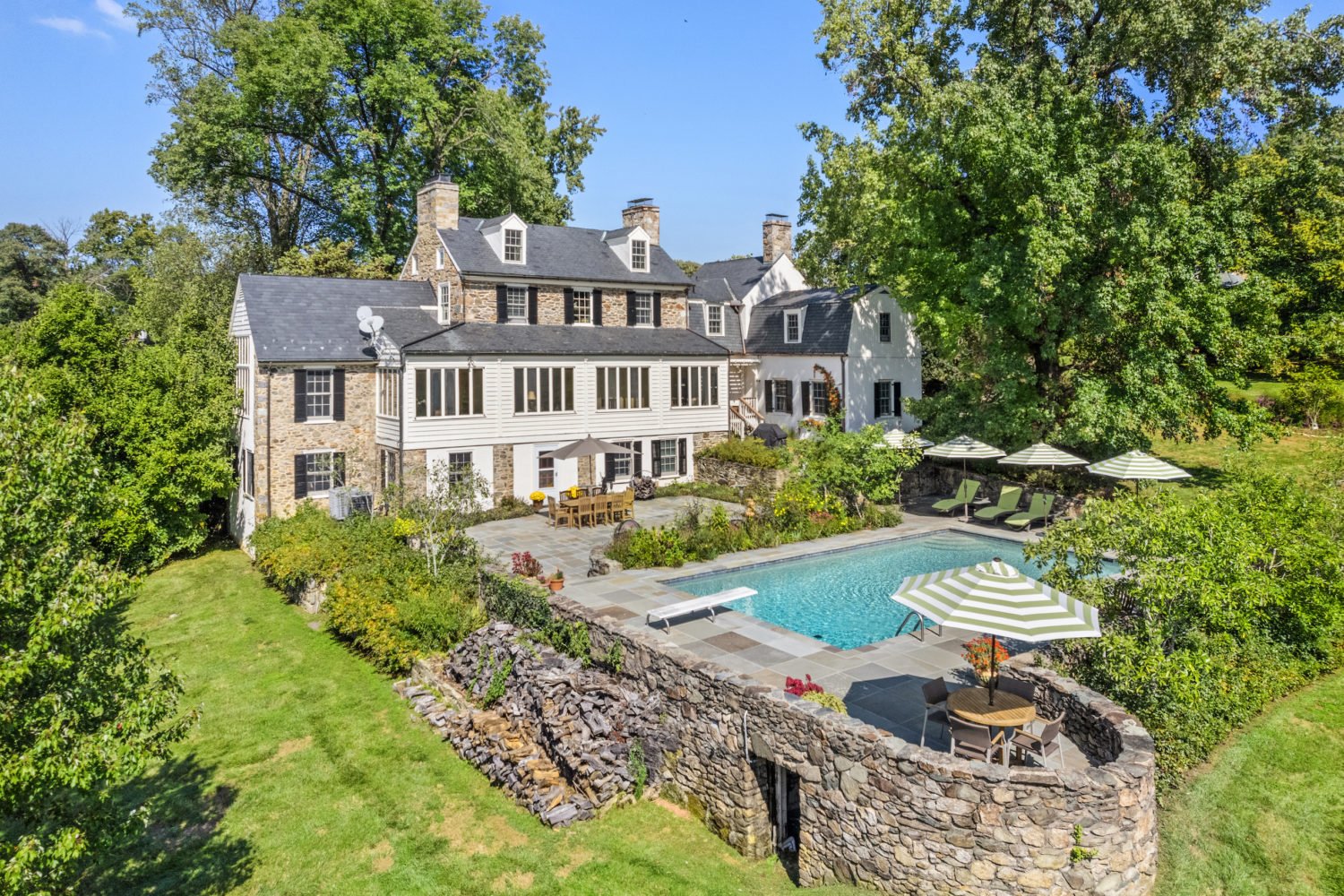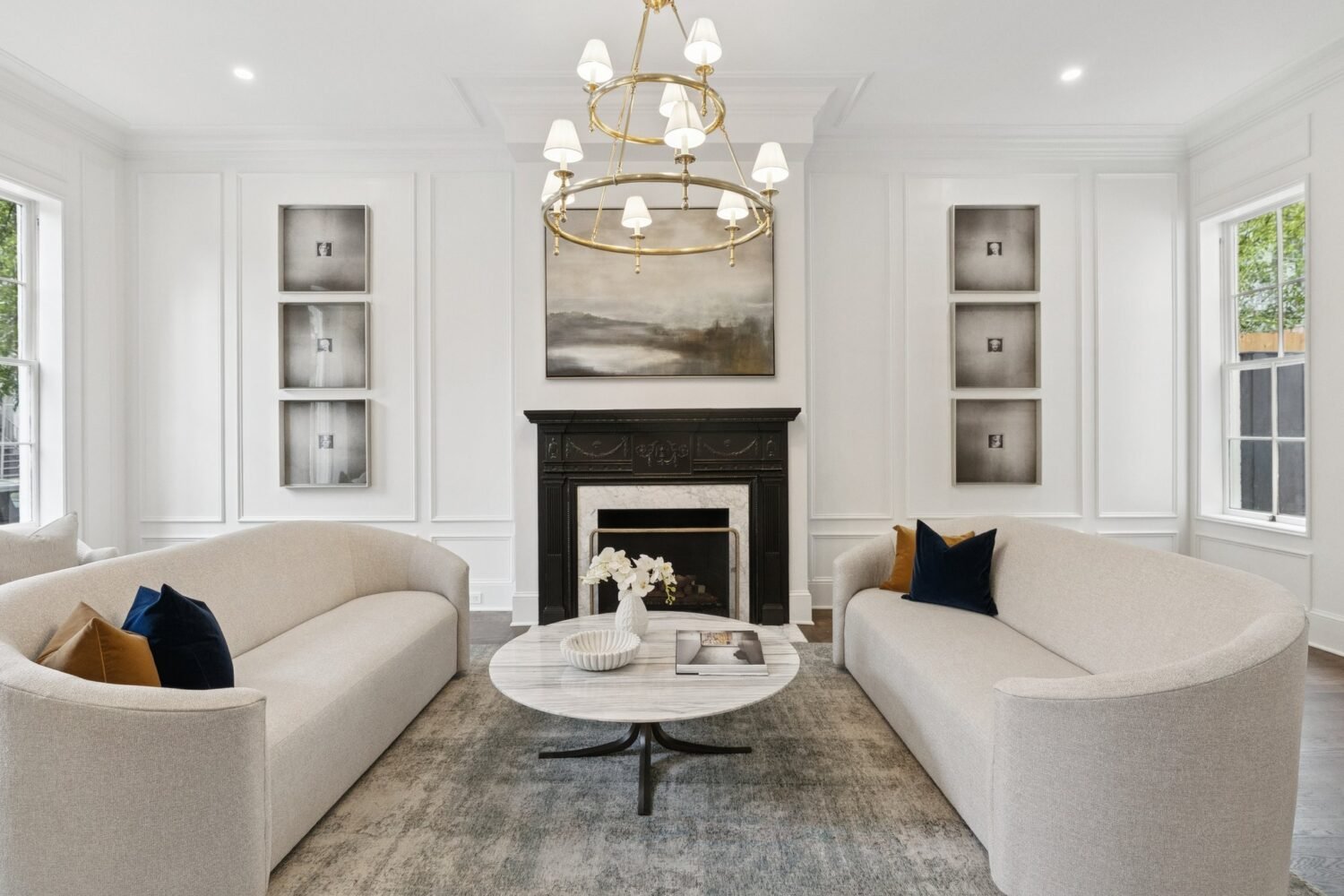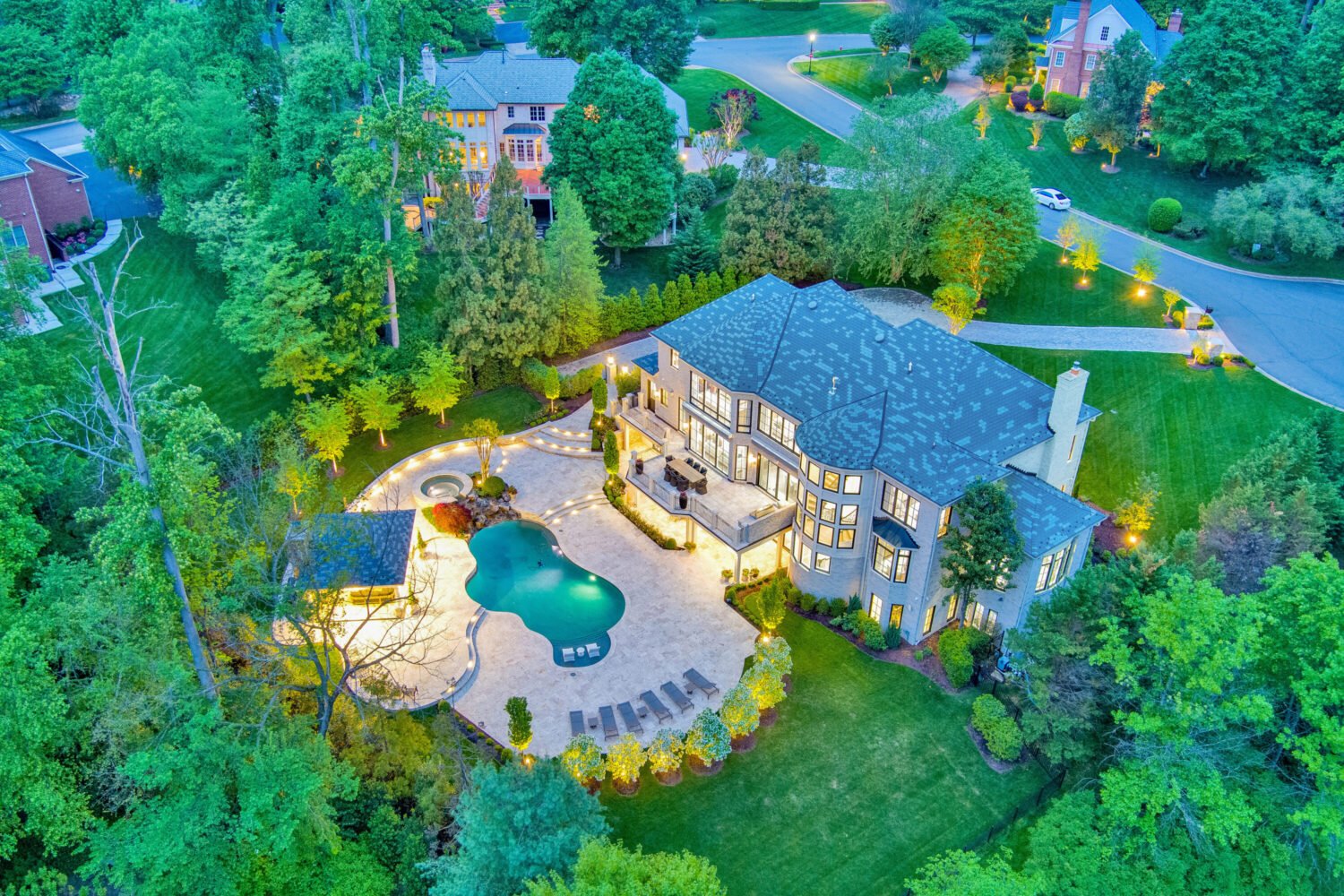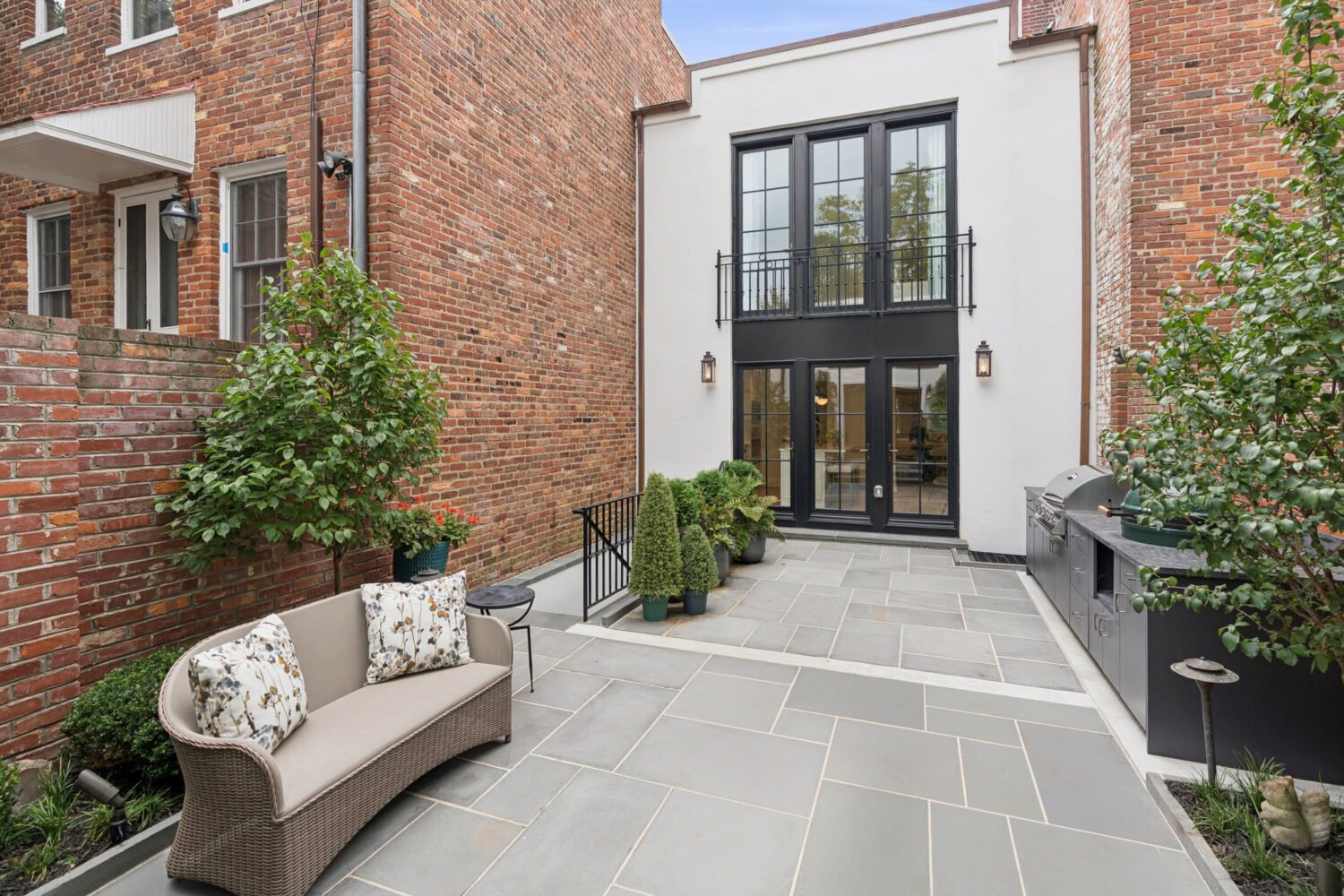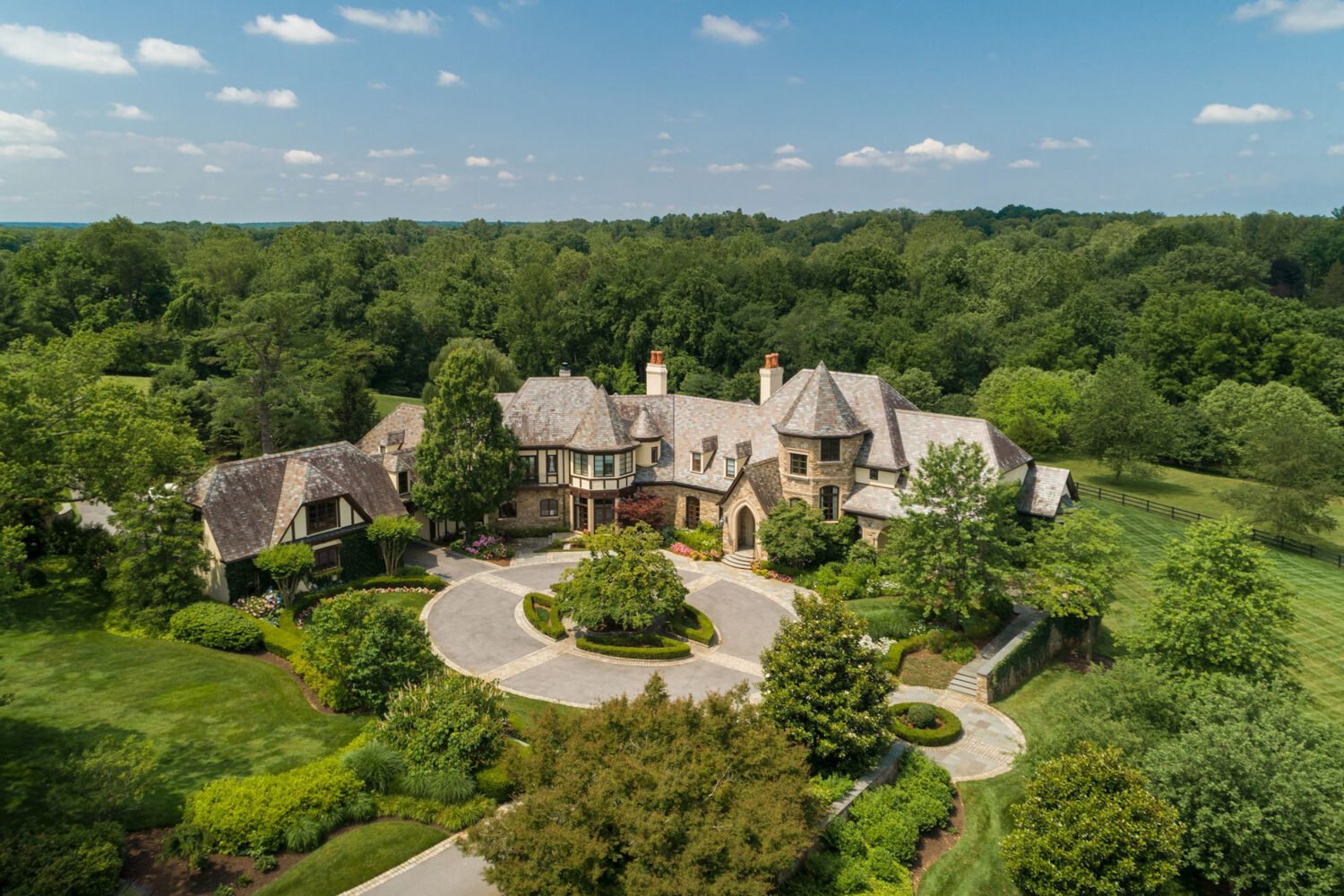Kahan Dhillon, Jr. calls it the Prince, and for the past four years, he’s worked on renovating this 1830 brick rowhouse in Old Town Alexandria. It’s not a reserved makeover. Inspired by his trips to France and Versailles, the project represents a “fusion,” Dhillon says, between our Colonial history and the French Baroque. “It’s bringing George Washington and Louis the XIV together. If they had a conversation, this would have been the outcome.”
The outcome—a six-bedroom, four-and-a-half bathroom property—is now on the market for $4 million. The listing agents are Andrea Courduvelis and Nihal Horne of TTR Sotheby’s International Realty.
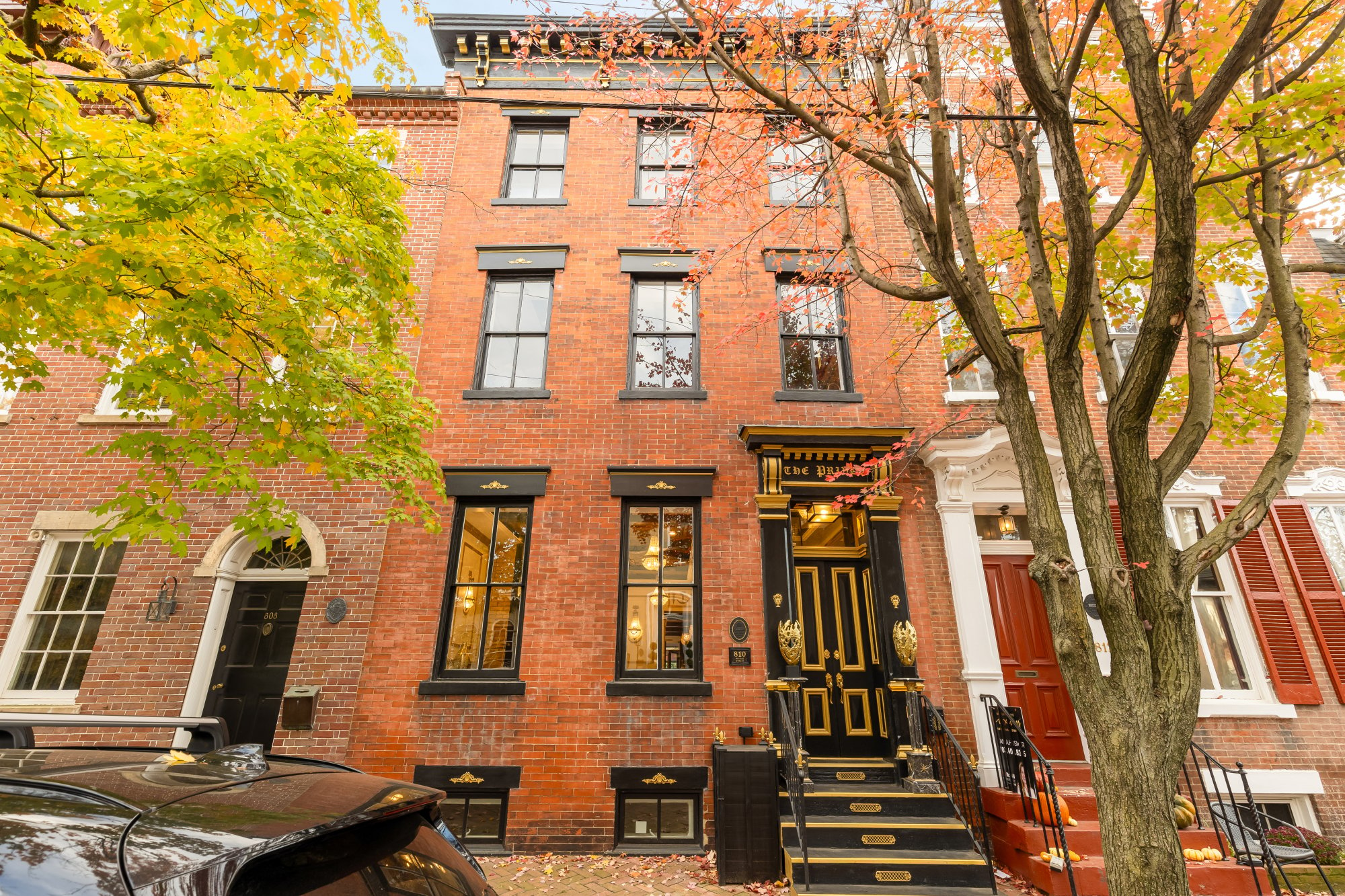
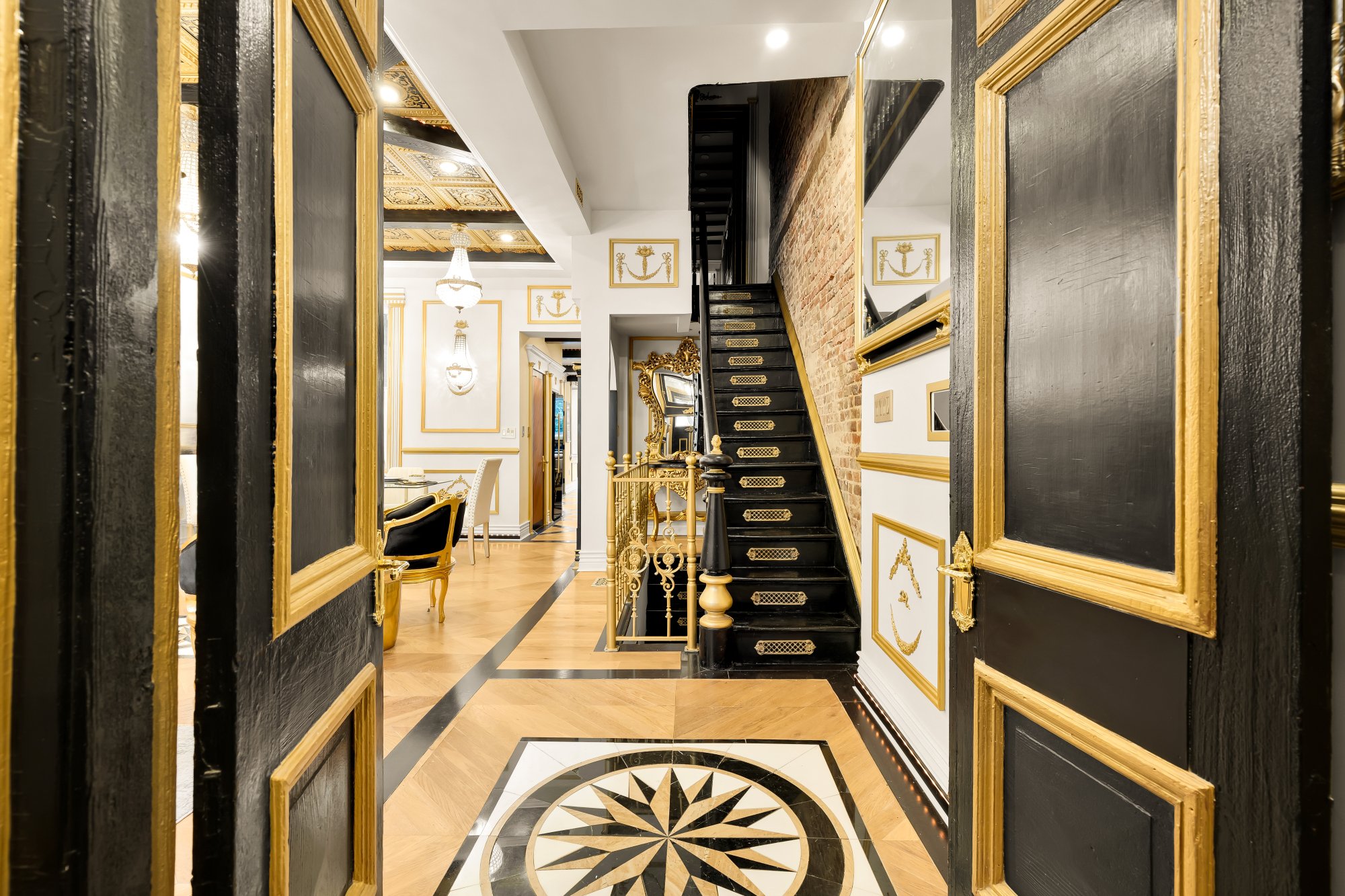
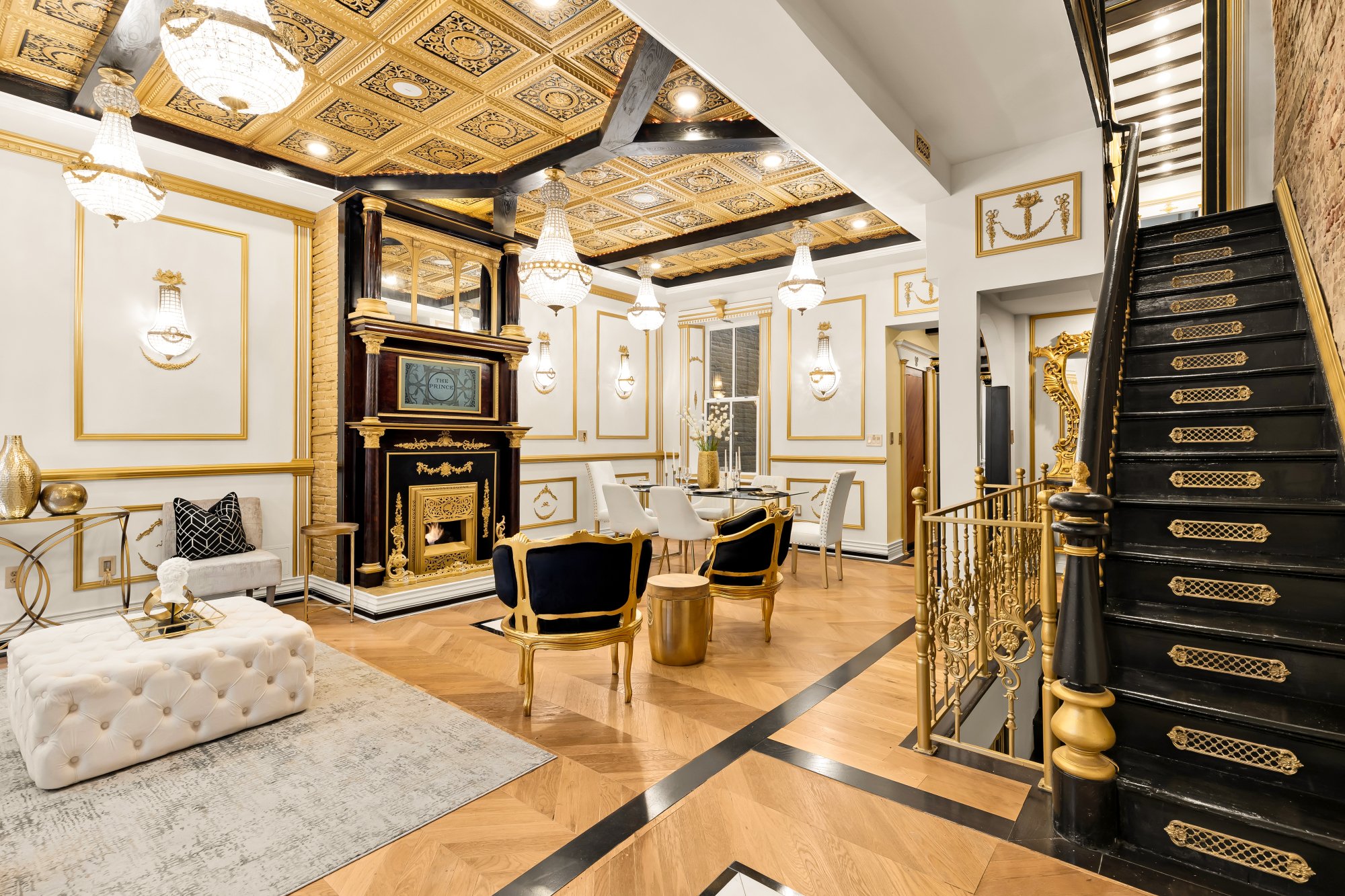 Dhillon, a developer based in Old Town, acquired the house in 2021 for $550,000. He spent about seven months alone, he says, sourcing various antiques and fixtures, mostly from abroad: a fireplace screen from a French chateau, a marble armoire, historic doors from a church, trim imported from England. The renovation trades heavily on marble and gold inlays; even the toilet is gold. Dhillon added a new rooftop deck with a built-in grill and small putting green; hired a muralist to adorn the garage door that encloses the off-street parking with the name of the house; and created a museum-style display for an old Westinghouse dumbwaiter he discovered in a crawlspace. “I said to myself, This is a heck of an opportunity to create a one-of-a-kind landmark, an iconic property.”
Dhillon, a developer based in Old Town, acquired the house in 2021 for $550,000. He spent about seven months alone, he says, sourcing various antiques and fixtures, mostly from abroad: a fireplace screen from a French chateau, a marble armoire, historic doors from a church, trim imported from England. The renovation trades heavily on marble and gold inlays; even the toilet is gold. Dhillon added a new rooftop deck with a built-in grill and small putting green; hired a muralist to adorn the garage door that encloses the off-street parking with the name of the house; and created a museum-style display for an old Westinghouse dumbwaiter he discovered in a crawlspace. “I said to myself, This is a heck of an opportunity to create a one-of-a-kind landmark, an iconic property.”
If the Prince makes a bold statement, Dhillon’s own backstory is no less brash. In 2016, as an unknown political outsider, he began championing a $10 billion redevelopment plan for Baltimore—the Renaissance, he called it—and testified before a skeptical city council. In 2020, he made an aborted run as an independent for mayor of the city. Rumors surfaced, fueled in part by a podcast series hosted by WYPR in Baltimore, that he was working with the FBI as part of an investigation into political corruption in the city—a claim Dhillon denied, writing in an op-ed that “the only thing FBI about me is that I am ‘For Baltimore’s Interest.’ “ As the child of an Indian father from Punjab and an African mother from Tanzania, he wrote, he was motivated to contribute to the city’s revival because of his Sikh faith.
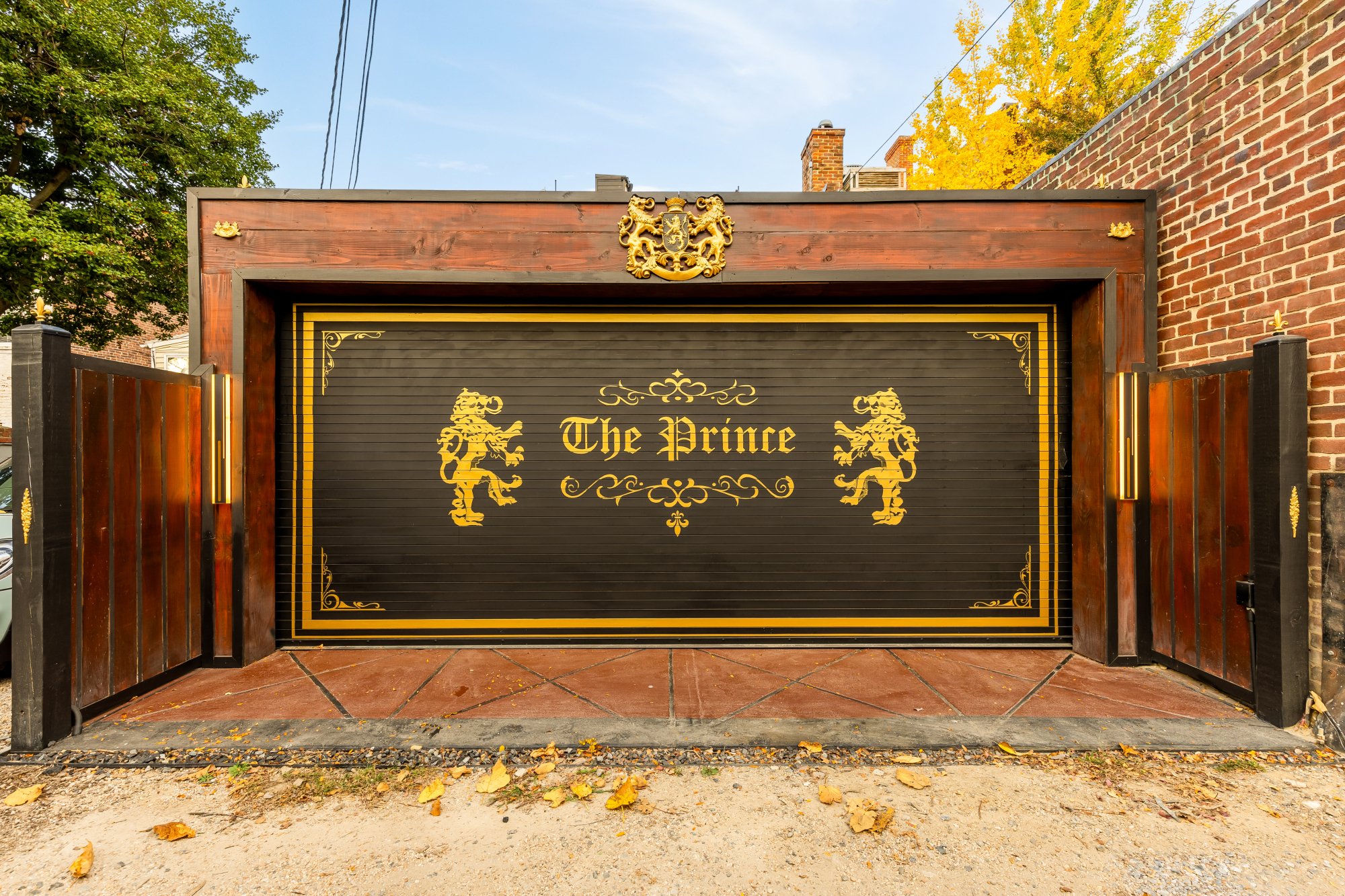

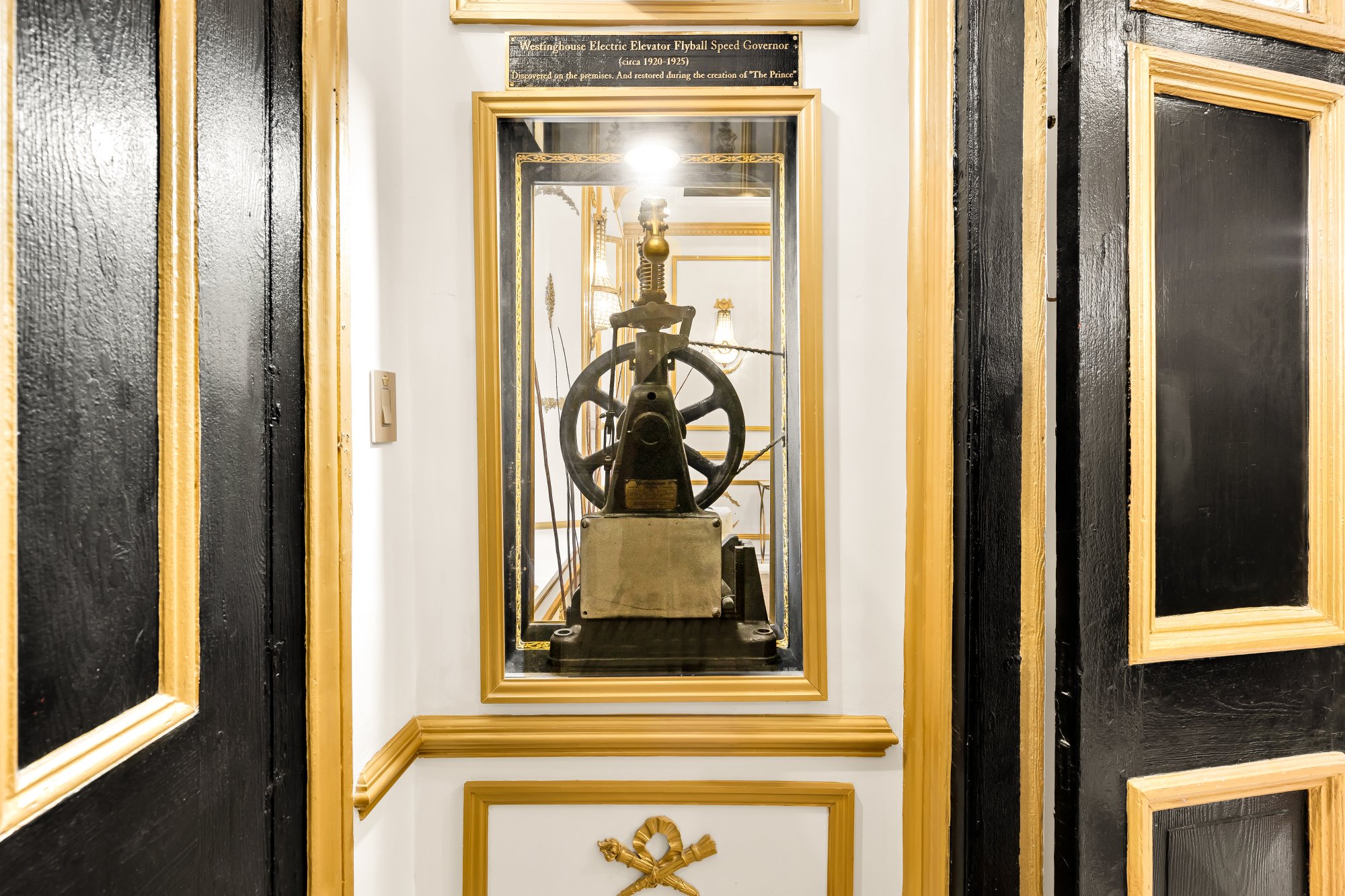
Is his political career over? “I will never say never to anything,” Dhillon says. But he’s focused on his development work for now. He touted a forthcoming two-unit development on Pendleton Street in Old Town, each property to feature a new carriage house in the back. And he’s building a new cafe and patisserie on King Street in Old Town. Dhillon says his mother had a recent health scare, which “caused me to want to do something for her” to keep her “in strong spirits.” She’ll be the owner and operator of the cafe, called the Kingley.
Editor’s note: In an email Dhillon sent after this story first published, he took issue with several points. Dhillon wrote that he wasn’t an “unknown political outsider” but that in fact “there wasn’t anyone I hadn’t met with and knew” in the mayor’s office and city council when he was proposing his plan to revitalize Baltimore. He also took issue with the characterization of the city council as “skeptical” of his plan, writing that “a number of [members] privately conveyed to me that would have liked to see it implemented.” He ended his bid for mayor, he wrote, because he caught Covid-19 and couldn’t continue campaigning without putting others at risk. And finally, he noted that the podcast was not a production of Baltimore Public Radio but rather was the work of local documentary producer Richard Yeagley and is hosted on the website of WYPR in Baltimore (the text above has been changed to reflect this). Dhillon has previously stated that “The podcast, simply put, is full of false commentary, innuendos, and alternative facts,” and in his email he described it as a”political hit piece.”
